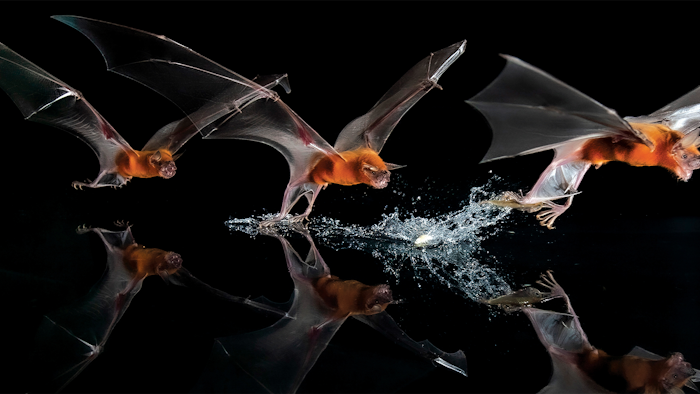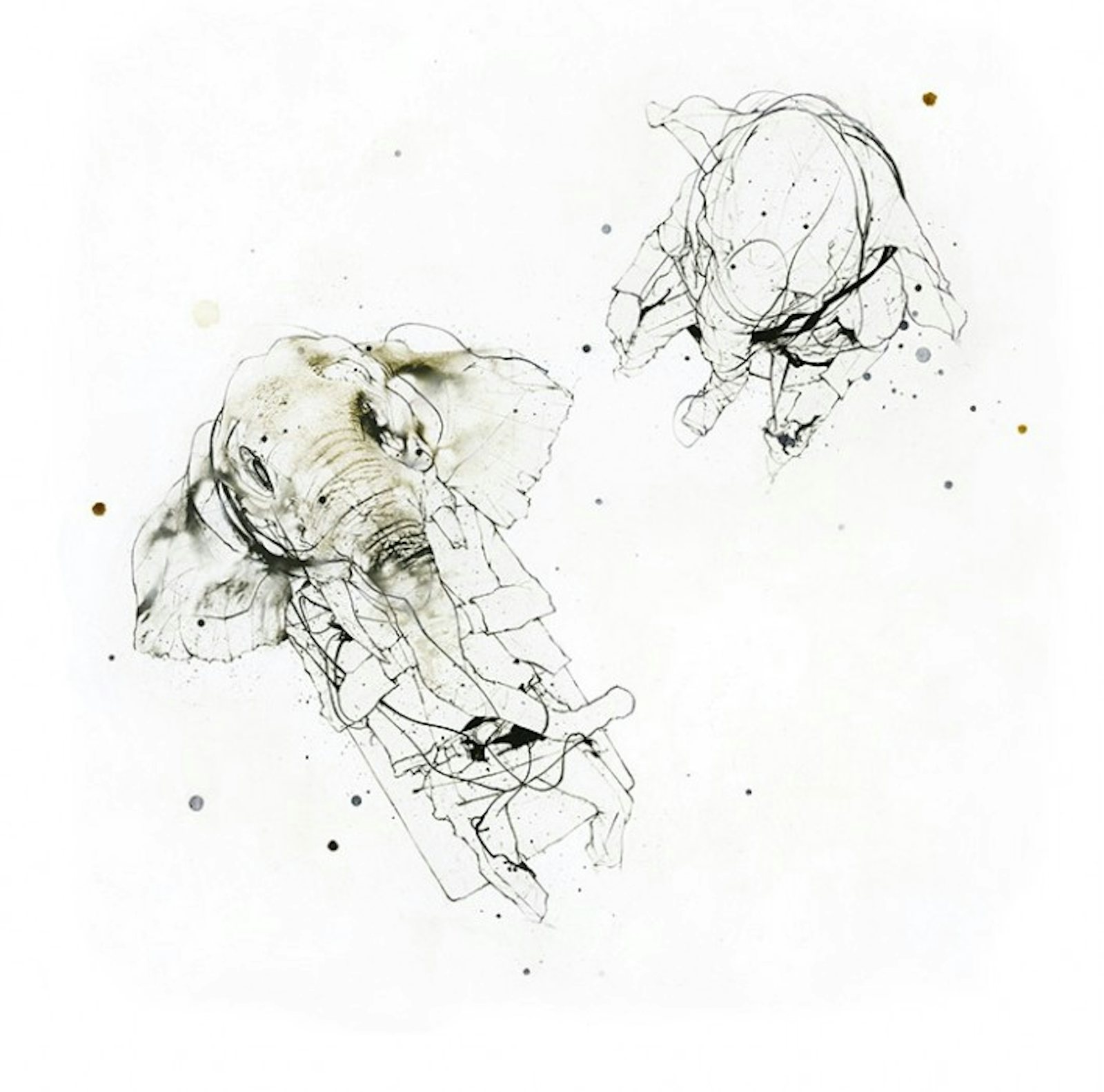
Hello, It’s Me
Like family members announcing themselves on the phone, sperm whales, those giants of the ocean, with the largest brain of any animal, call out their names. Technically they click their names in various rhythm patterns, fractions of seconds apart, called codas. (If the whales made their clicks on land, they would sound as loud as rifle shots.) The whales roam the seas in matriarchal families: daughters, mothers, grandmothers. Young female whales live with their mothers for years (males leave within two to four years) and the family groups swim hundreds of miles to hunt squid, often in the range of predators like orcas and humans, and so communication is paramount. Some sperm whale families share codas whose patterns signify group affiliation. Clearly the whales, like teenagers, know the importance of their clicks.
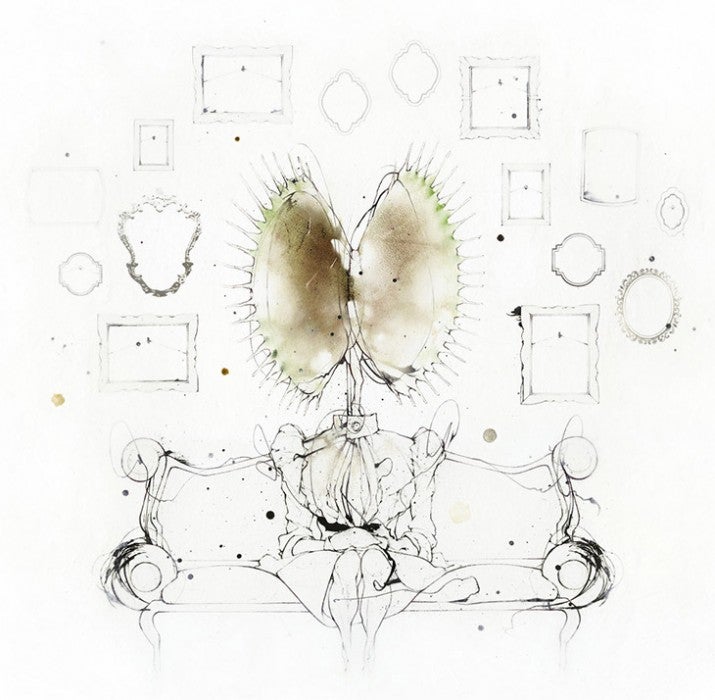
Thanks for the Memory
The Venus flytrap, like most people in the Internet age, has about a 30-second attention span. But that’s a blessing for the carnivorous plant, which relies on memory to survive. The lobes of the plant are laced with three or four “trigger” hairs. When an insect enters the plant and rubs the trigger hairs, the lobes snap shut and the plant consumes its prey. Each stimulation generates an electrical charge, but it generally takes two charges to spark the electrochemical signal that triggers the closure, so the plant must “remember” the first charge as it waits for the second. It has only enough energy to remember for about 30 seconds, so its survival depends on short-term memory and the ability to forget. Similarly, in a human brain, a neuron builds up an electrical charge when stimulated by other nerves, approaching a threshold above which it will fire an electrical signal—the basis of everything from recognizing a plant, like a Venus flytrap, to contemplating the meaning of life.
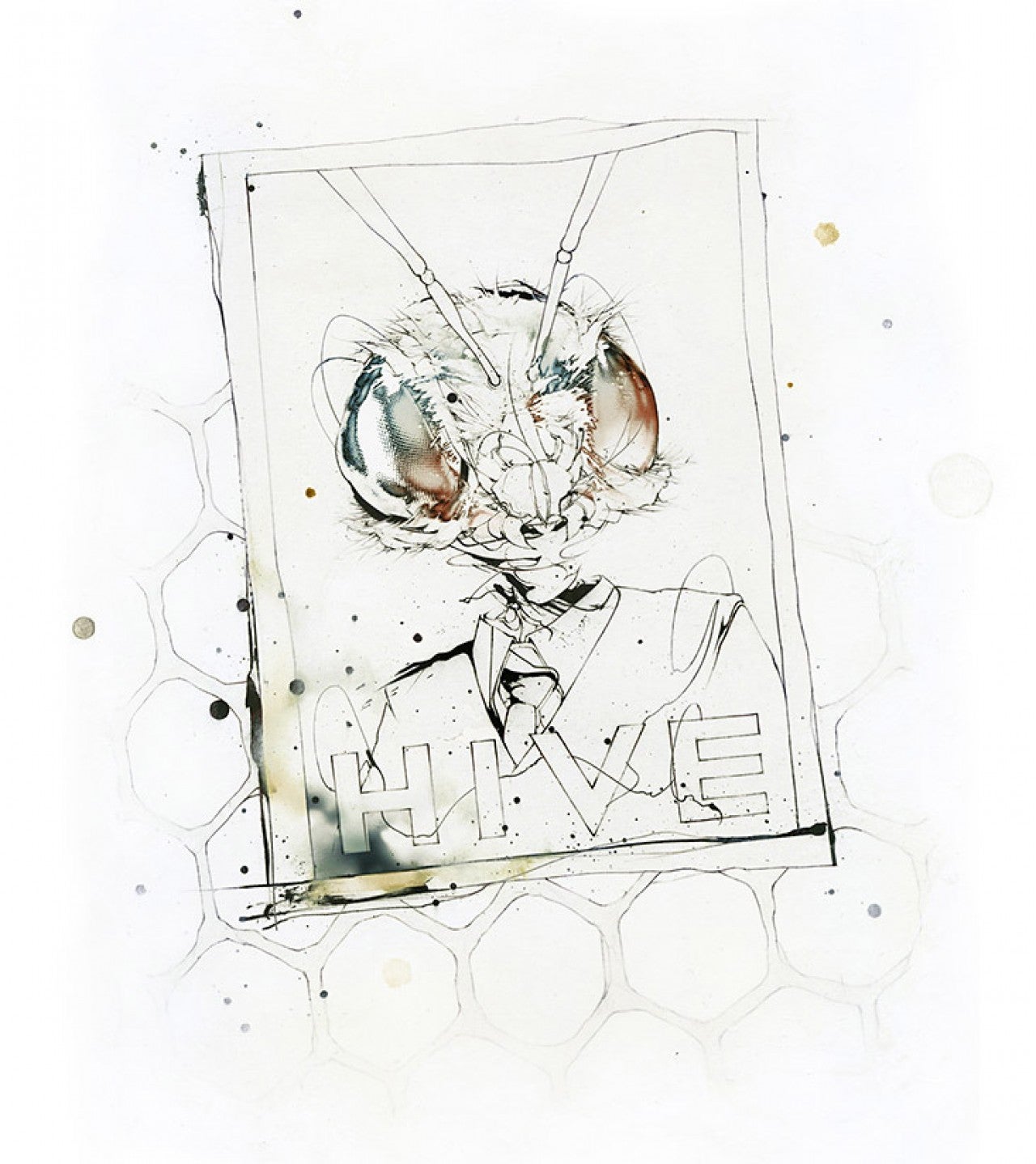
Democracy Is a Hive
When a honeybee colony grows too big for its nest, thousands of bees suddenly split off and look for a new tree to call home. The group bivouacs at a branch and sends out hundreds of bees to scout for new locations. When a scout finds a potential nesting spot, she comes back and performs what scientists call the waggle dance, revealing the location of the tree. The closer to ideal the site is—large, high off the ground, with a small entrance hole facing south—the more she repeats the movements—up to 100 times. Other bees pick up on the news and fly out to investigate. Once about 75-100 bees “vote” for one tree by assembling there, they achieve a quorum, and the swarm’s “decision” is made. But no one—no human, that is—knows how bees tally their votes. Bee scouts scramble through the swarm, pressing their bodies against other bees. The resting bees begin shivering to warm up and prepare for flight. The vibration sounds like a race car revving. The destination set, the newly born colony is ready to roll.
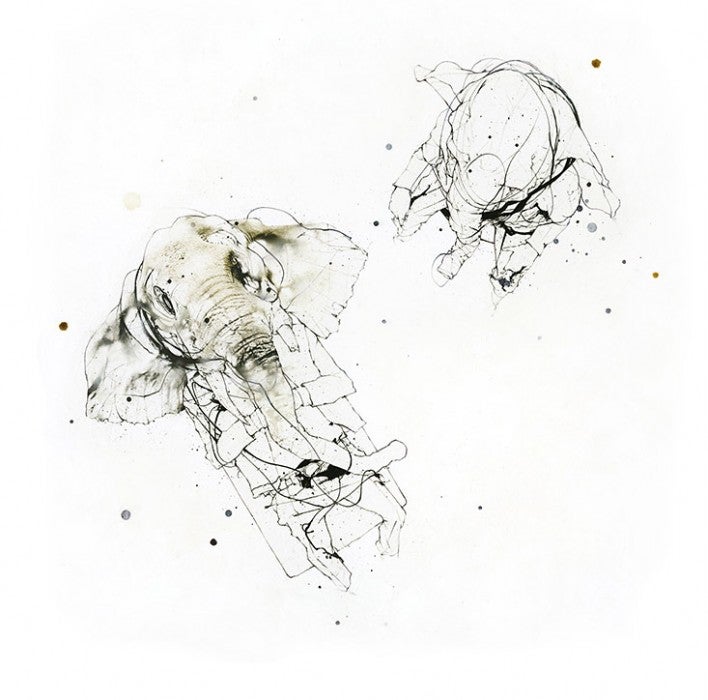
It Takes a Herd
Around the world many elephants from broken homes appear to suffer from post-traumatic stress disorder. In South Africa, adolescent male elephants have raped and killed hundreds of endangered rhinoceroses. In some places, 90 percent of male elephant deaths are caused by other males. Those are not the only victims. Around 500 humans a year are killed by elephants, according to National Geographic. Zoologists say the killer elephants are ones that have been exposed to violence, or grew up outside of normal elephant social groups, due to poaching, culling, or relocation of their relatives by humans. But wildlife experts at the Pilanesberg National Park in South Africa have found a way to get young bulls under control. They airlift in older males from other areas. Just hours after an aggressive young male gets into a scuffle with an older, more dominant bull, it begins to come out of musth, a sexually active, aggressive state. They settle down. It seems that to live healthy lives, elephants need healthy communities.














